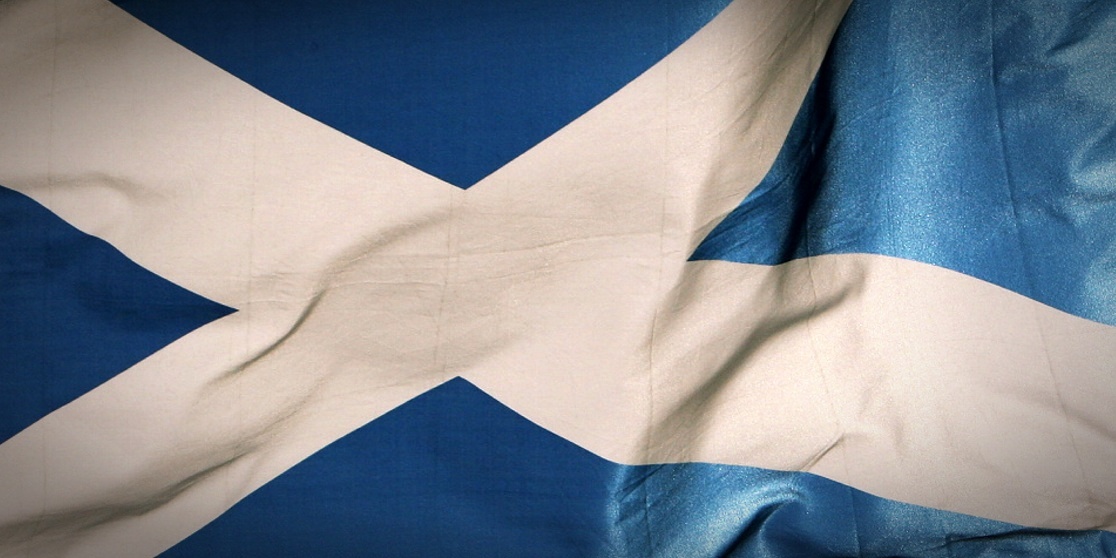Alex Salmond could face a race against time as legal challenges seek to block his independence referendum.
A Dundee-based constitutional law expert said a court bid to thwart the referendum would delay the date Scots go to the polls to decide on breaking away from the UK.
The warning comes as one senior parliamentary source said the prospect of a challenge to the Scottish Parliament’s legal right to hold the ballot now looks ”inevitable”.
The development will increase calls for the First Minister to push ahead with the vote, which is not scheduled for several more years.
Once the referendum legislation is brought to the Scottish Parliament it will have to pass through the usual process of scrutiny from MSPs.
Meanwhile anyone in the UK could mount the legal challenge, which would initially go to the Scottish courts but could ultimately be referred to the UK Supreme Court.
As the referendum would have to take place before this Scottish Parliament term ends in 2016, that could conceivably see the referendum legislation timed out.
”The period I have heard mentioned is that (a legal challenge) will buy you six months,” said Professor Alan Page, Dean of Law at Dundee University. ”So you certainly wouldn’t want to be (introducing the legislation) at the last minute.”
He was speaking as furious political debate continues to rage over the nature and wording of the planned referendum.
Last week the SNP unveiled a £1 million fighting fund for independence, announcing the ”biggest mobilisation campaign” in Scottish history.
However, the First Minister has consistently refused to name the date of the vote, only saying it will take place at some point in the second half of this five-year term.
Mr Page warned the possibility of a legal challenge meant the legislation would almost certainly need to be brought to Holyrood next year to guarantee the vote being held in 2014.
Many Nationalists prefer that date as they hope to capitalise on patriotic feeling created by the Glasgow Commonwealth Games and the 700th anniversary of the Battle of Bannockburn.
But Mr Page, who has acted as a specialist adviser to Westminster and Holyrood committees, stressed he did not envisage any ”insuperable” legal problems.
He suggested the threat of legal challenge would instead be used as part of the ”negotiations” between Westminster and Holyrood.
He added: ”By which I mean they could say unless we are happy with what you are proposing that we are happy that this is going to be a free and fair referendum we are going to do everything we can to make this difficult for you.
”It could slow things down. The real question now is over the terms of that referendum and the questions that are asked.
”My view is it was effectively settled by the parliamentary election in May. Once the SNP won an outright majority it was just accepted that there would be a referendum as a political fact. That, I think, puts an end to the arguments there is going to be one.”
A spokesman for the Scottish Government said: ”As Professor Page rightly says, there is going to be a referendum and it will take place in the second half of this parliament, which begins in 2014.
”Everyone, including the Prime Minister, accepts the right of the Scottish Government and Parliament to hold the referendum.
”We are entirely confident of the legal position and will bring forward a Referendum Bill in good time for the vote on Scotland’s future to take place in the second half of this parliament.”
